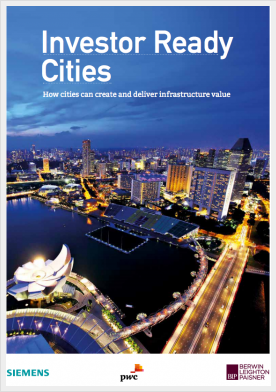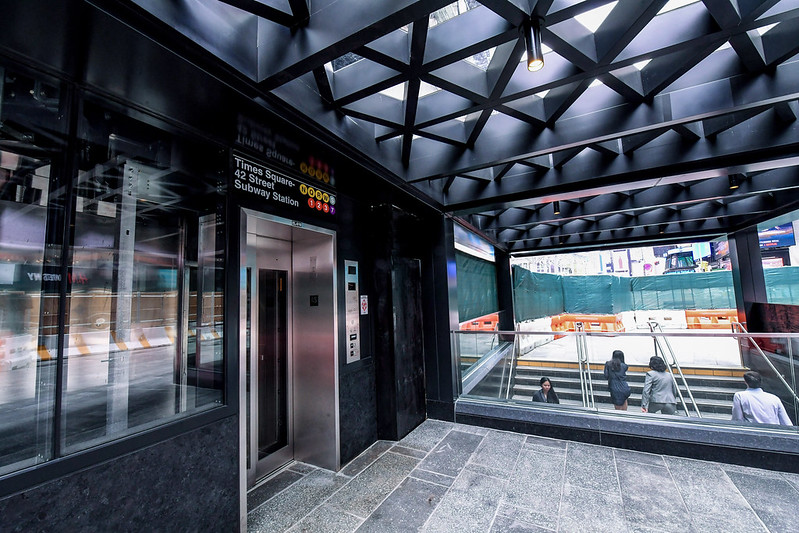
New report reveals how cities can attract infrastructure investment
06 May 2014
by Richard Forster
Investor Ready Cities, a new report from Siemens, PwC and Berwin Leighton Paisner, was launched today to provide city decision makers with the inspiration to create new approaches to private investment and to explain how to make cities investor ready.
Technology company Siemens, international consultants PwC and law firm Berwin Leighton Paisner have joined forces to illustrate how successful urban infrastructure delivery can be driven by cities whose governance structures, legal and policy frameworks, and commercial planning can provide new incentives for long-term investment opportunities.
The report was launched at the Crystal, Siemens’ urban showcase building in London’s east docklands, with keynote speaker Piero Fassino, the Mayor of Turin, outlining his masterplan for the city.
The Mayor said Turin had made huge strides in development but it was impossible to continue this transformation through the public sector alone.
“In the last 20 years the transformation of Torino has been based on a public-private partnership and we want to involve the private sector in all our programmes,” says the Mayor. “We need them to join us because the great programme in the north area of our city involves major investment in all sectors.”
In terms of being investor friendly, the Mayor explained in an interview with Cities Today how his city had succeeded in attracting private sector investment.
“Torino has a great industrial and technological background which provides a good opportunity for investment. We also have two universities of a high quality, which allows us to attract a greater foreign population. Third, our administration and bureaucracy is speedy and efficient. Finally, we have a good system of education and training and it possible to find high-level human resources.”
But while individual cities may offer such attractive features to create a business case for investment, the report highlights how cities need to gain investors’ confidence through a reliable legal framework with regard to land use rights and the stability of the local tax system and also, by building confidence in the governance mechanisms of the city.
Through case studies on infrastructure developments—including the metro in Delhi, Transport for London’s payment systems, Medellin’s cable cars and the water masterplan in Singapore— the report shows how cities can create an environment conducive to attracting institutional investors to develop their infrastructure and supporting technology.











